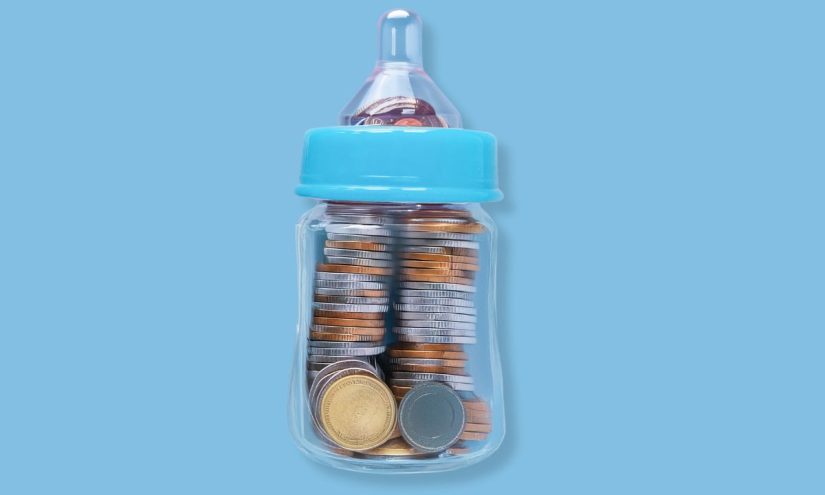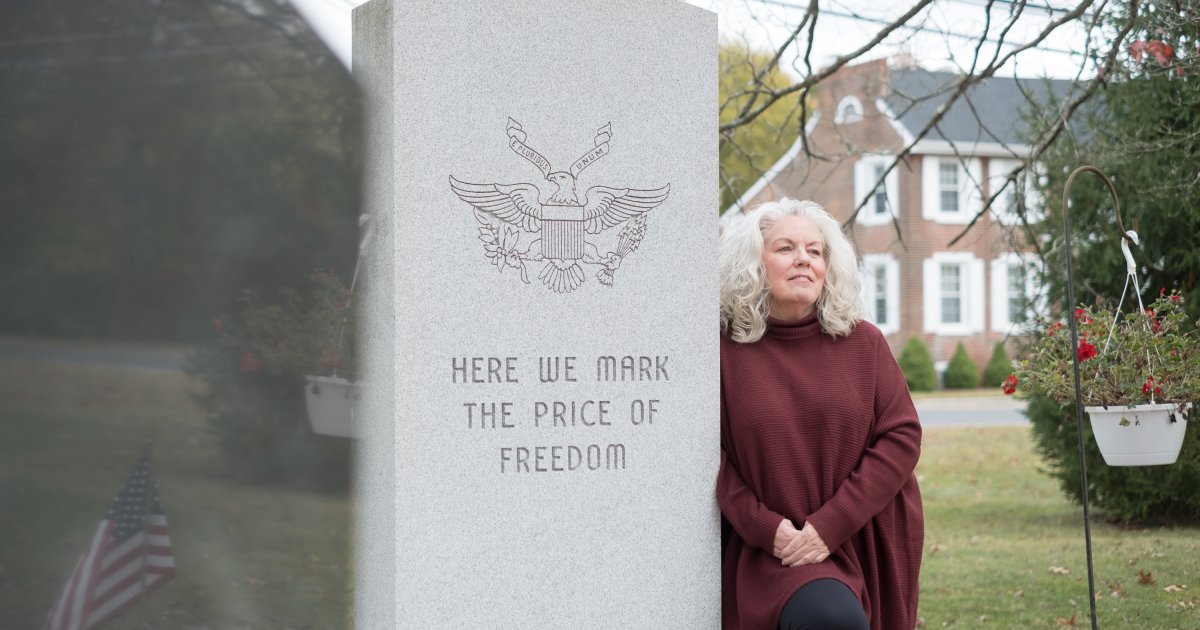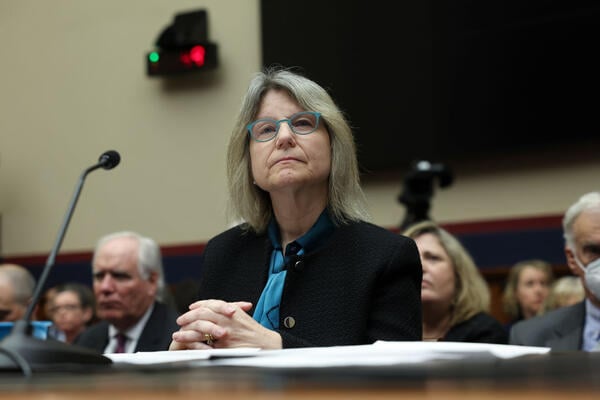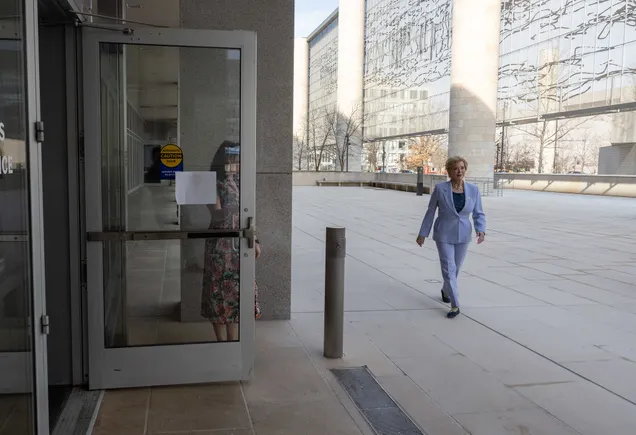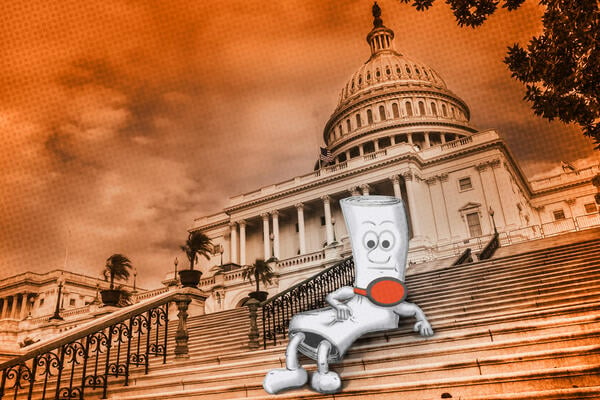Join our zero2eight Substack community for more discussion about the latest news in early care and education. Sign up now.
For months now, Shannon Hampson has had August 1 etched in her mind.
That day marks an important shift for her and other early care and education providers in Nebraska who serve low-income families. On that date, the state intended to begin paying providers a consistent rate for families who use government subsidies to pay for child care.
Instead of reimbursing providers based on children’s attendance — which can vary wildly, especially this time of year, based on factors like illness and family travel — Nebraska would pay providers the same amount each month based on enrollment.
Last year, because of the change expected to come in summer 2026, Hampson, who owns a home-based child care program in Lincoln, Nebraska, felt comfortable filling more of her program slots with children whose families pay with subsidies. Today, she does not have one private-paying family. She made the shift assuming the enrollment-based pay would insulate her from the instability that often accompanies subsidy slots.
“I was super excited to know more of these families were going to get that quality, consistent care,” Hampson said, adding that reaching more low-income families is important in the field. “It’s not that providers don’t want to.”
Now, though, that could all be about to change.
Nebraska’s transition to enrollment-based pay was part of an effort to get in compliance with a rule established by the Biden administration in 2024. Enrollment-based payments, that administration believed, would create greater predictability for providers, allowing them to serve more low-income families who need child care and, eventually, could entice more providers to participate in the subsidy program.
The rule was one of a handful of changes made by the prior administration related to the Child Care and Development Fund (CCDF), the primary federal program that states use to provide financial assistance to low-income families in need of child care. Other shifts include paying providers up front for child care, rather than reimbursing them the following month, and encouraging the use of grants and contracts with providers. State timelines for implementing these changes have varied. As of September 2025, 24 states were paying based on enrollment, according to an analysis by New America. For the others, the latest deadline granted was Aug. 1, 2026.
Just this week, however, the U.S. Department of Health and Human Services, through the Administration for Children and Families (ACF), announced that it would seek to rescind many of the 2024 rules, returning these issues to states.
The proposed changes cannot be enforced right away. Under federal law, the agency is required to take public comments, review them, and use that input to make final decisions, noted Alex Adams, who leads ACF. He declined to give a timeline for any changes to take effect.
If approved, the changes would not “make any net new policy decisions,” he added. “It simply goes back to where we were prior to 2024 regulations.”
The administration wants to rescind the 2024 rules, he said, because all 50 states had requested waivers related to some or all of these rules due to budget constraints and other implementation challenges.
“Any time 50 states are asking for a waiver from something,” Adams said, “it suggests to me that maybe the rule isn’t working as intended.”
He also noted that “attendance-verified payment,” rather than enrollment-based, “is more of a deterrent to fraud.” Leaders in the Trump administration are concerned about programs with “phantom attendance” — suggesting they receive government payments but don’t actually serve the children they say they do — Adams said, but he declined to share specifics of ongoing investigations.
Many early care and education advocates and policy experts have expressed skepticism that rampant fraud and abuse is going unchecked.
Casey Peeks, senior director of early childhood policy at the Center for American Progress, a left-leaning think tank, called the allegations “unfounded” and worried that they would undo real progress made in the field in recent years.
“It is very unhelpful and destabilizing to the sector, in the immediate- and long-term, to take some of these most foundational levers we have to stabilize the sector and claim that they result in fraud,” Peeks said.
Upon hearing the news this week, Hampson said she’s had to remind herself to “just breathe.” She knew she was taking a risk by enrolling 100% of families on subsidies.
Now, she said, she will have to rearrange her budget to continue to serve all of those families. Under an attendance-based pay structure, her income is just that much more volatile.
In December, for example, between holidays, vacation time and children’s absences, Hampson was only able to bill the state for 18 child care days. If the children in her program were from private-paying families, she would have been paid for 23 days, she said.
But Hampson’s operational costs didn’t see a material decrease in December.
“Without a provider being at fault at all, they could be at 50% attendance one day just because the flu is going around. That shouldn’t harm their bottom line,” Peeks said.
“It’s really unpredictable and unfair for the provider,” she added. “Just because attendance is down doesn’t mean operation costs go down.”
In West Virginia, where providers have been paid based on enrollment since 2020, Katelyn Vandal emphasized how critical the change has been to keeping her rural, center-based program open.
“Our mortgage payment doesn’t cost less because two kids in the classroom have the flu,” noted Vandal, director of A Place to Grow, a child care center in Oak Hill, West Virginia. Nor does her electricity bill and a host of other overhead costs.
If her state returns to attendance-based pay, she’s not sure A Place to Grow would be able to continue operating. The center serves about 100 kids, with 60% from families that pay with subsidies.
“We run such a fine budget line anyway that if, six months from now, we were going back to attendance, we would be looking at closing,” she said. “We would not survive transitioning back to that.”
Sheryl Hutzenbiler, owner of Munchkin Land Daycare in Billings, Montana, said she suspects that, under attendance-based pay, providers will either raise tuition rates on families — many of whom are already paying the maximum they can afford without one parent leaving the workforce — or, like Vandal, be forced to close their doors.
But that is not a decision Hutzenbiler will have to face, should the Trump administration successfully restore attendance-based pay. Since she lives in Montana, where enrollment-based pay became law in 2023, she and other providers in the state are protected from policy fluctuations at the federal level.
That’s true for a handful of states, which have either passed laws protecting enrollment-based pay or have continued paying based on enrollment, on a temporary basis, since the pandemic. (West Virginia is in the latter category.)
Enrollment-based pay has been pivotal for Hutzenbiler, whose home-based program consists of about 60% of families who pay with subsidies. Back when she was paid based on attendance, she said her first sacrifice during low-attendance months would be her own wages. She would pay her full-time teacher first and make sure program costs were covered, often leaving nothing for herself and relying on her husband’s income instead. With the consistent subsidy income each month, though, she’s not only been able to avoid missed paychecks for herself, she’s been able to add two part-time workers to the payroll.
Hampson, in Nebraska, said she was part of a group last year advocating for the state to pass legislation around enrollment-based pay. It was ultimately unsuccessful.
“We wanted to know our state had already said yes, so we wouldn’t go backwards,” she said. “And here we are going backwards.”
In an industry where profit margins are estimated at less than 1%, these changes will inevitably leave providers who participate in the subsidy program with less revenue to survive on. The shifts will likely also deter providers who participate in the subsidy program, or who might have considered participating, from doing so in the future, said Peeks. This will likely, in effect, leave low-income families with fewer choices about where to go for child care.
“When you’re stabilizing providers overall, you’re often creating more options for families overall,” said Peeks. “I think it could definitely have a chilling effect.”
Did you use this article in your work?
We’d love to hear how The 74’s reporting is helping educators, researchers, and policymakers. Tell us how

